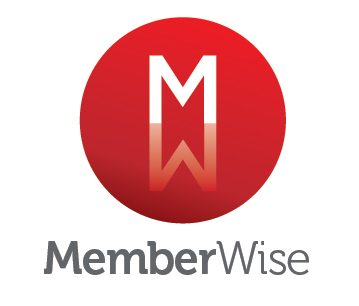A recent British chamber of commerce survey revealed that just 11% of SMEs measure their carbon footprint and perhaps more significantly, cost is considered the biggest barrier with 30% claiming lack of finance is holding them back.
Is that the case for membership organisations and their members? How many have started on the journey to become carbon credible? Has cost been a barrier?
The media is certainly amplifying the message about climate change and the impact businesses and organisations are having on it. Whilst welcome, the paradox is that the messaging has become ever more cluttered and more broadly, misunderstood.
For sure, most businesses and organisations are now aware of the significant impact of carbon emissions on climate change and the need to put in place policies and actions to reduce their own carbon footprint.
However understandably, many don’t know where or how to start and believe the cost to implement policies is a barrier to change.
But the belief (that climate change plans add unnecessary and burdensome costs) is misconceived.
Making changes towards becoming a carbon neutral business through reducing carbon emissions, energy use and shifting to renewables, can improve the bottom line and in addition can be funded through smarter cost, spend, savings and procurement solutions across the organisation.
Placing sustainability at the heart of your organisation, really can improve your bottom line, enhance yours (and your members’) reputation, increase customers, inspire employees, reduce risk and build competitiveness.
Start the journey.
For many organisations, just starting the journey let alone understanding the cost implications is a challenge. Where does an organisation start?
We propose 4 simple steps:
- Getting started. A simple commitment to getting your organisation to carbon neutrality underpinned by understanding the process, the sustainability landscape, legislation, risk and how it can improve your bottom line. It starts with your own carbon footprint report.
- Assessment. The foundation of an effective sustainability programme starts with articulating your vision, mission, goals and objectives. Why are you starting on the journey, what do you want to achieve, are your teams on board, create targets to reduce your carbon impact off the back of your first carbon footprint report.
- Activation. One size doesn’t fit all organisations, so how you roll out your sustainability programme should be tailored to your goals and objectives. It should include allocation of resource to manage and run it, setting of targets and how you will monitor and measure, agree and sign up to a path to certification, be clear on Scope 1, 2 and 3 and continuously report and communicate across your whole company and stake-holders.
- Again, dependent on the size of your organisation, tailor your sustainability programme for the long term. Getting to carbon neutrality is not for the short term but about continuous improvement, monitoring and measurement. And the opportunity to get certified.
It doesn’t need to cost the earth
Most funding advice and guidance is pointed toward bank borrowing, loans or grants. It’s a great way to fund the journey, but what if there was a solution to fund or part fund your sustainability programme from inside your organisation?
There is, by combining sustainability expertise with cost and procurement solutions.
Many organisations, separate to the sustainability debate, already audit and review their exiting cost base, spend and suppliers to achieve the best value, reduce costs and increase cash-flow.
By combining sustainability expertise with that of cost management and procurement, it really can make a difference that matters.
As a 25 year old UK-wide cost and procurement practice (that now includes a sustainability arm) we have found that most organisations over-spend on indirect costs with their suppliers, whether that’s across utilities, waste, business supplies, IT Technology, logistics, print, marketing.
And therein lies the solution. Identifying savings on existing expenditure and unlocking cash that can be reinvested into funding your sustainability programme, reducing the over-reliance on debt driven solutions such as loans and bank borrowing.
 If you want to find out more about how your sustainability journey can be both achieved and funded through savings, cost and supplier management in your own organisation, Auditel are offering a free 2-hour Carbon Clinic Workshop to show you how. For more information, please contact Gavin Miller.
If you want to find out more about how your sustainability journey can be both achieved and funded through savings, cost and supplier management in your own organisation, Auditel are offering a free 2-hour Carbon Clinic Workshop to show you how. For more information, please contact Gavin Miller.









Leave A Comment